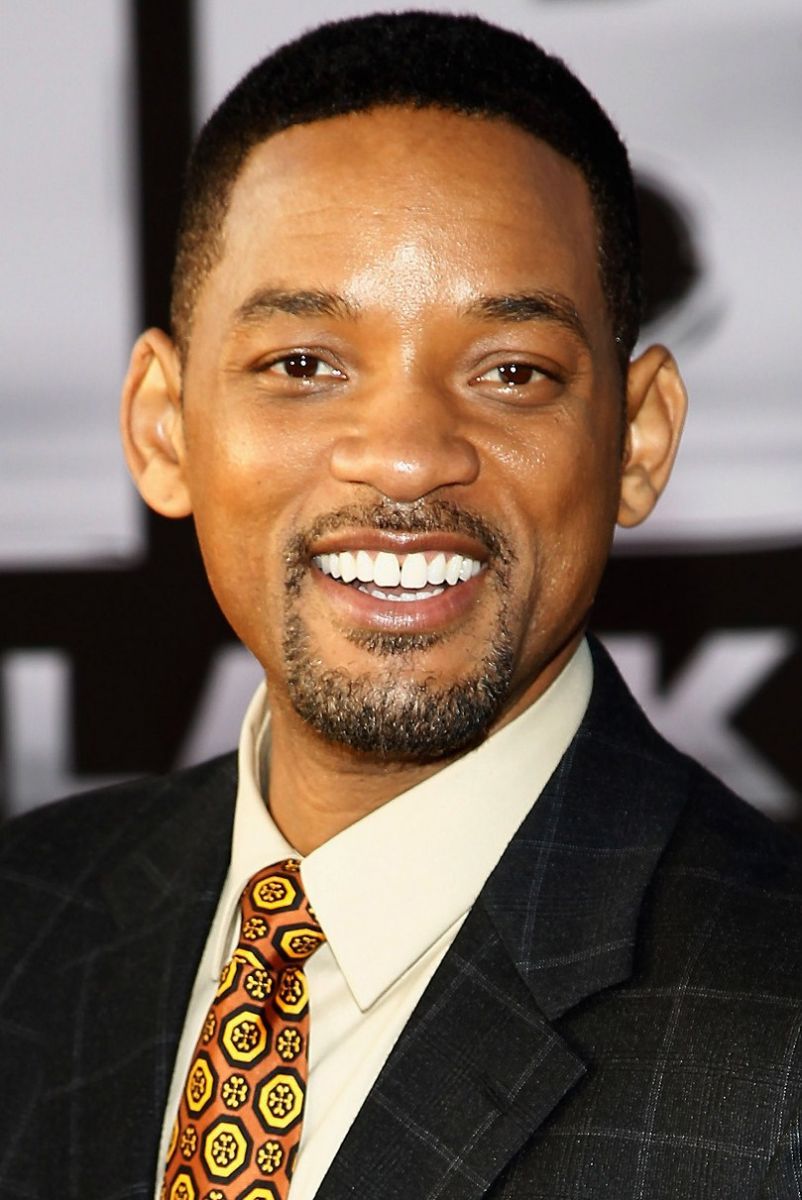Have you ever stopped to think about what it truly means to be an actor? It's more than just pretending, you know, it's almost a way of life for some. We often see these talented people on screens or stages, and yet, the depth of their work, the dedication involved, is truly quite something. It’s a craft that has captivated audiences for centuries, bringing stories to life in ways that stick with us long after the curtain falls or the credits roll.
The term "actor thames" might make you think of performers right there by the famous river, perhaps at a historic theatre, or maybe it just brings to mind the enduring spirit of performance itself. It’s a fascinating idea, isn't it? An actor, at their very core, is someone who acts, someone who portrays another person, or even a feeling, for others to see and feel. This job, this calling, involves using their own self, their body, and their voice, as the main tools to transport us all into a different place, a different time, a different story, actually.
From the bustling stages of London's riverside venues to the quiet intensity of a film set, the actor’s job is to connect. They tell stories, they move us, and they help us see the world from new angles. It’s a very human pursuit, this acting business, and it continues to shape our culture in countless ways, basically. So, let’s take a closer look at what makes an actor tick, and how their work resonates through time, much like the flow of a great river.
Table of Contents
- What Does It Mean to Be an Actor?
- The Actor's Craft: Tools of the Trade
- Performance Across Mediums: Stage, Screen, and Beyond
- The Enduring Presence of Performance: A Look at "Actor Thames"
- Developing Your Acting Skills
- The Human Connection: Why Acting Matters
- Frequently Asked Questions About Acting
What Does It Mean to Be an Actor?
An actor, in the simplest sense, is one who acts. This job involves performing, usually in front of an audience, whether they are right there in the room or watching from afar, you know. They bring characters to life, making us believe in the worlds they create, which is pretty amazing. The meaning of actor is quite clear: it’s someone whose job is acting in plays or films, or on television or radio, or even just in a live performance.
It’s a role that demands a lot, really. An actor needs to be able to step into someone else's shoes, to feel what that character feels, and to show it in a way that feels real and true. They are storytellers, using their body and voice as their primary tools. This allows them to transport the audience into a different world, a different time, or a different emotional state, apparently.
While the word "actor" in the singular usually points to a man, many women who act today prefer to be called "actors" rather than "actresses." This shows how the understanding of the profession has grown and changed over time, reflecting a broader view of who can take on these roles, and how they wish to be seen, quite frankly. It’s all about the performance, no matter who is giving it.
The Actor's Craft: Tools of the Trade
The craft of acting is a very deep one, requiring a blend of natural talent and disciplined practice. An actor's most important instruments are their body and their voice, naturally. They learn to control these tools with great precision, so they can express a wide range of emotions and physical actions, pretty much. This control allows them to be truly believable in any role they take on.
Think about how an actor uses their voice. They might need to project it across a large theatre, or whisper it intimately for a close-up camera shot. The tone, the pace, the volume—all of these elements are carefully chosen to convey meaning and feeling, you know. Similarly, their body language, their gestures, and their facial expressions are all part of the story they are telling. It’s a whole language of its own, in a way.
Beyond the physical and vocal work, an actor also uses their imagination and their empathy. They need to understand the character's background, their motivations, and their relationships. This deep understanding helps them to create a portrayal that feels genuine and impactful, which is what truly connects with an audience, as a matter of fact. It's a continuous process of learning and exploration, really.
Performance Across Mediums: Stage, Screen, and Beyond
An actor performs in many different settings, each with its own unique demands. There's the traditional medium of the theatre, where the actor performs in the flesh, live, right in front of the audience. This kind of performance requires incredible energy and a strong connection with the people watching, since there are no retakes, you know. It's a very immediate and direct form of storytelling.
Then there are motion pictures, television broadcasts, and radio. Each of these mediums asks something a little different from the actor. In film and TV, the camera captures every tiny detail, so performances can be more subtle, more internal, you see. For radio, it’s all about the voice; the actor must convey everything through sound alone, which is a different kind of challenge, actually.
Hollywood is home to some of the most talented and successful actors and actresses in the world, of course. These stars have entertained us for generations with their incredible range and memorable performances. Think of Oscar winners like Tom Hanks, known for his versatile roles, or Tommy Lee Jones, with his distinctive presence. Keanu Reeves, a versatile Canadian actor and musician, has had a career spanning four decades, known for his leading roles in action films and receiving numerous accolades, too. These examples show just how varied and impactful an actor's career can be, depending on the roles they choose and the mediums they work in, pretty much.
The Enduring Presence of Performance: A Look at "Actor Thames"
When we think about "actor thames," it’s not about a single person, but rather the spirit of performance that has flowed through London, much like its famous river, for centuries. The River Thames has been a witness to countless stories, and its banks have been the setting for many theatrical endeavors. This idea of an actor's presence, an enduring artistic spirit, is deeply tied to places with rich histories of storytelling, really.
London and the Legacy of Performance
London, with the Thames winding through its heart, has always been a global center for theatre and performance. From Shakespeare’s Globe Theatre, a place where actors truly performed "in the flesh" for the masses, to the modern West End, the city breathes performance. This historical backdrop suggests that an "actor thames" embodies not just a performer, but one who carries the legacy of this rich tradition, you know. They are part of a continuous narrative, a living link to past generations of storytellers, basically.
The energy of London's theatre scene, its diverse array of venues, and its constant stream of new talent make it a unique place for actors to grow and thrive. An actor working here is, in a way, standing on the shoulders of giants, drawing inspiration from centuries of dramatic expression. It's a very special environment for anyone dedicated to the craft of acting, in a way.
The Riverside Stage
Imagine an actor performing on a stage near the Thames, perhaps with the river's gentle sounds in the background. This setting adds a certain atmosphere, a sense of timelessness, to the performance. The river itself, constantly moving yet always there, mirrors the actor's ability to adapt and flow with different roles, while maintaining their core identity as a storyteller, apparently. It’s a powerful symbol for the enduring nature of their art, still.
The idea of an "actor thames" speaks to the connection between a performer and their environment, how a place can inspire and shape the art. It’s about the actor who brings stories to life in a setting that itself is steeped in history and drama. This connection makes the performance even more resonant, giving it a deeper sense of place and belonging, quite frankly.
Developing Your Acting Skills
For anyone interested in becoming an actor, or simply improving their storytelling abilities, there are many paths to take. The journey often starts with understanding the fundamentals: how to use your voice effectively, how to control your body, and how to truly listen and react to others, you know. These are the building blocks of any compelling performance, really.
Taking acting classes or joining a local theatre group can be a great first step. These environments provide safe spaces to experiment, make mistakes, and learn from experienced teachers and fellow performers. You get to practice different techniques, explore various characters, and receive feedback that helps you refine your craft, which is super helpful. It’s a hands-on process, for sure.
Watching other actors, both live and on screen, is also incredibly valuable. Pay attention to how they use their expressions, their pauses, and their movements to convey meaning. Analyze what makes a performance truly captivating. This kind of observation helps you develop your own understanding of what works and what doesn't, allowing you to build your own unique style, in some respects. You can learn so much just by observing, basically. You can also explore more content about acting techniques and history by clicking here on our site.
The Human Connection: Why Acting Matters
At its very core, acting is about connection. Actors are storytellers who use their body and voice as tools to transport the audience into a different world, a world of imagination and emotion. This ability to create shared experiences is what makes acting so powerful and so important to us all, you know. It helps us understand ourselves and others better, quite honestly.
When an actor truly embodies a character, they allow us to feel empathy, to laugh, to cry, and to think deeply about life's big questions. They hold a mirror up to society, showing us different facets of the human experience. This shared journey, this emotional ride, strengthens our bonds as people, in a way. It’s a very profound impact, actually.
The enduring appeal of acting, whether it's on a grand stage or a small screen, comes from this fundamental human need for stories. We crave narratives that help us make sense of the world, that entertain us, and that challenge our perspectives. Actors are the conduits for these stories, keeping the flame of human expression burning bright, which is a wonderful thing, truly. To explore further insights into the art of performance, you might find this resource helpful: The Craft of Theatre. Also, learn more about the history of performance on our site.
Frequently Asked Questions About Acting
Here are some common questions people often have about the world of acting:
What does an actor actually do?
An actor's main job is to portray a character in a play, film, television show, or radio program. They use their voice, body, and emotions to bring stories to life, making the audience believe in the character and the world they inhabit, basically. They learn lines, understand motivations, and work with directors and other performers to create a cohesive performance, you know.
Are there different types of actors?
Yes, there are many types! You have stage actors who perform live, film actors who work in movies, and television actors. There are also voice actors for animation and commercials, and even improvisational actors who create stories on the spot. Each type requires slightly different skills and approaches, but the core idea of portraying a role stays the same, quite frankly.
How do actors prepare for a role?
Actors prepare in many ways. They read the script over and over to understand the story and their character's journey. They might research the historical period or the character's background, too. Physical training, vocal exercises, and rehearsing with other actors are all part of the process. They work to truly understand who their character is, so they can bring them to life authentically, apparently.



Detail Author:
- Name : Syble Mueller
- Username : rosie51
- Email : dominique81@gmail.com
- Birthdate : 1988-10-11
- Address : 784 Lubowitz Rue Apt. 848 Port Gerardchester, IL 32452
- Phone : 1-703-956-2065
- Company : Robel, Gaylord and Glover
- Job : Wellhead Pumper
- Bio : Voluptas suscipit ea nihil tempore consequuntur. Nisi veritatis mollitia eum quae. Sit qui explicabo et hic error hic quis ut.
Socials
twitter:
- url : https://twitter.com/cjerde
- username : cjerde
- bio : Cumque velit quia laboriosam laborum qui incidunt. Iste qui inventore error nobis beatae. Repellat modi tempore ut quod.
- followers : 187
- following : 2054
linkedin:
- url : https://linkedin.com/in/christyjerde
- username : christyjerde
- bio : Earum aut quis omnis numquam amet.
- followers : 4575
- following : 765
tiktok:
- url : https://tiktok.com/@christy_dev
- username : christy_dev
- bio : Dolor ratione et vel.
- followers : 5865
- following : 2439
instagram:
- url : https://instagram.com/christy8208
- username : christy8208
- bio : Placeat ducimus commodi ea esse. Minus doloribus dolor debitis. Qui esse sunt debitis aut.
- followers : 1895
- following : 199